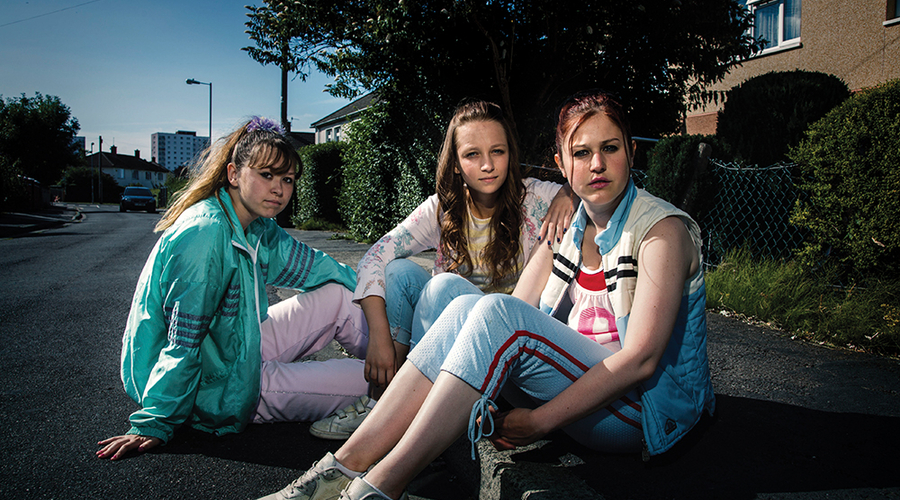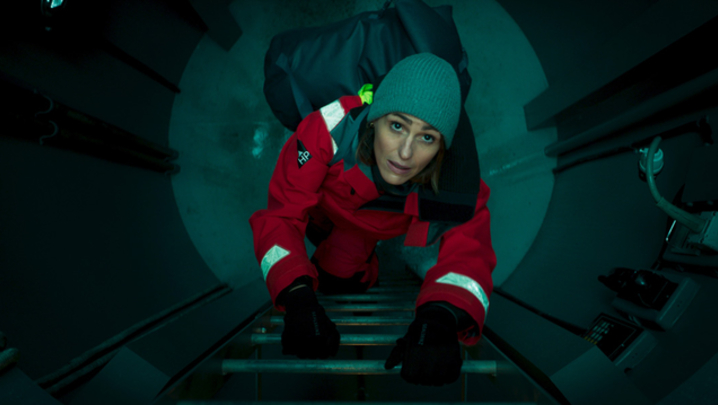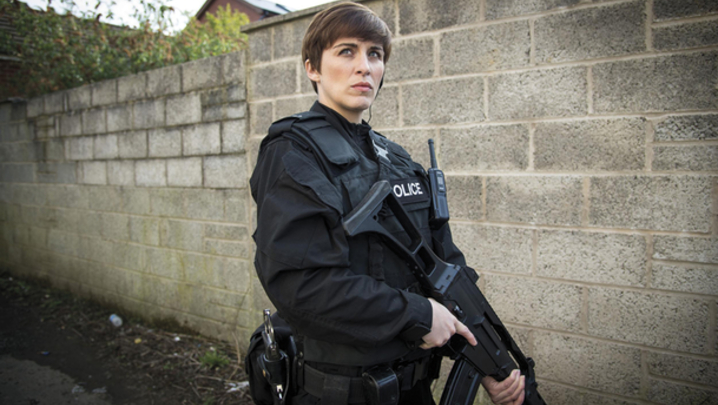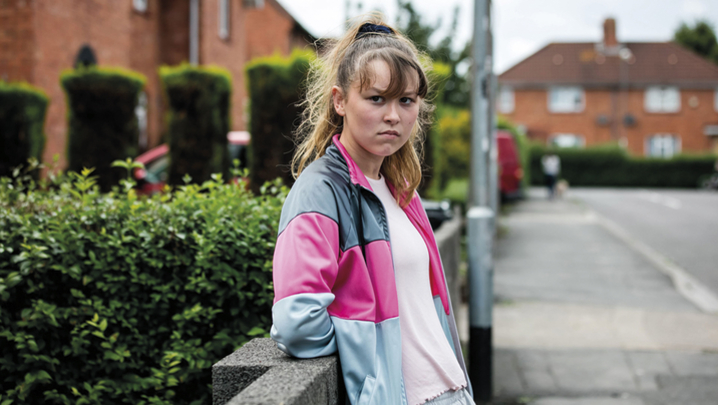Seraphina Allard-Bridge hears director Philippa Lowthorpe discuss a career that has moved from docs into drama
Growing up, Philippa Lowthorpe never expected to work in television: “I didn’t think [it] was possible because I grew up in a small village outside Lincoln… all my relations and people I knew were farmers, so I had no clue that somebody like me could ever work in television.”
The director was talking at an RTS event in Bristol’s Watershed cinema, celebrating her huge contribution to TV. In conversation with RTS West of England Chair, Lynn Barlow, Lowthorpe retraced her journey into television, where she has moved from making groundbreaking documentaries to award-winning dramas such as Five Daughters and Three Girls.
Her life in TV began with a researcher role at Yorkshire Television on the 1980s medical show Where There’s Life. Lowthorpe was inspired by the department next door working on the documentary strand First Tuesday.
“It was watching what those blokes were doing in First Tuesday and those hard-hitting programmes that they were making that made me think… ‘I want to do that,’” Lowthorpe said.
“It was a very hierarchical, patriarchal time,” she said, with “no women directors at all” in TV. But, despite the odds being stacked against her, Lowthorpe was soon directing, moving to Bristol to make documentaries for the BBC.
Discussing her film-making style, Lowthorpe said that she never wanted to be unkind to her subjects: “I was much more interested in the psychology of people and those lifelong existential truths that you try to discover when you talk to somebody… and I think that’s what led me to want to go and do drama.”
Even when directing drama, however, Lowthorpe found herself drawn to true stories: “I’m… attracted to telling them by accident,” she said. “I’ve sort of got myself stuck on real stories.”
Lowthorpe was the launch director of Call the Midwife, and brought her trademark documentary style to the series. Along with the dramatic birth scenes, this initially proved to be a controversial choice. “When we had the screening for the BBC execs, they said, ‘Oh God, no one’s going to watch this,’” Lowthorpe said.
In fact, the first series in 2012 enjoyed an average audience of more than 10 million and was immediately recommissioned.
Throughout her career, Lowthorpe has championed women. Her early drama-doc series A Skirt Through History painted portraits of women’s lives, including that of Anne Lister, the inspiration behind Sally Wainwright’s drama Gentleman Jack.
However, Lowthorpe didn’t see herself as a feminist director: “I only look back now and think that, because when you’re just doing it, it’s the stories that you’re attracted to.”
One such story was a Rochdale sex-trafficking case which became the multi-award-winning drama Three Girls. It held Greater Manchester police to account and, just last month, a grooming gang in Plymouth was jailed after one of their victims had contacted police after watching the series.
On the impact of Three Girls, Lowthorpe said: “You want it to make change but you also want to tell stories for people who have no voice. Those girls had absolutely no voice, so to have the honour of being able to tell their story is even more important.”
The RTS event concluded with the presentation of the Sir Ambrose Fleming Memorial Award to Lowthorpe for her outstanding contribution to TV in the West of England.
Documentary film-maker and producer Peter Symes, credited by Lowthorpe as an instrumental figure in her career, presented the award, praising her expertise. Symes said: “Hardly anyone I know has this extraordinary ability to grab a story and then roll it out in front of you in a way that’s completely original.”






